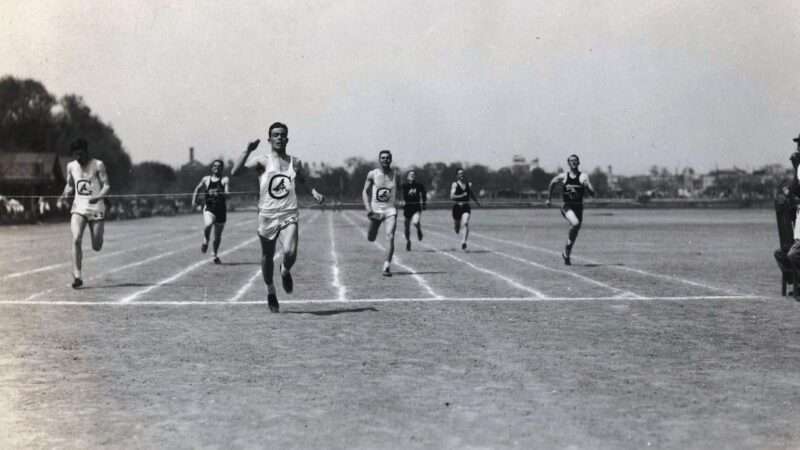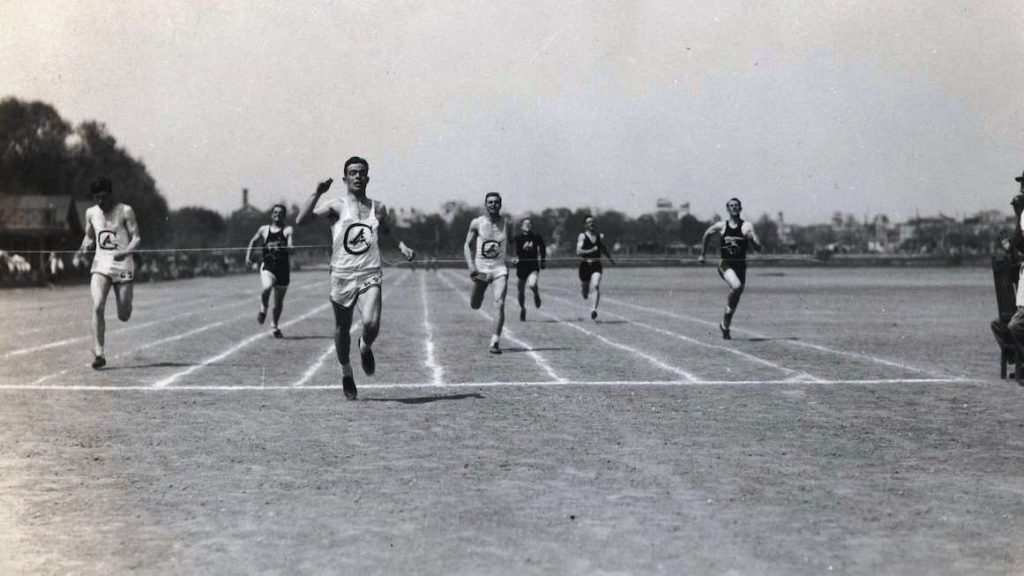
Robby Wells is a former football coach who has picked up a habit of running for president. He made his first bid for the job in 2012, aiming initially for the nomination of the remnants of Ross Perot‘s Reform Party and then seeing if the conservative Constitution Party was interested. (It wasn’t.) In 2016 he tried for the Democratic nomination, then switched to running as an independent when he wasn’t invited to any Democratic debates. (“The consensus,” his website claims, “was that he was blocked out of fear of his debate skills.”) He took another shot at the Democratic nomination in 2020, and this year he ran as the nominee of the Party Party, a group inspired by the rock singer Andrew W.K.
Wells was on the ballot this month in exactly one state: Rhode Island. According to the current count at Dave Leip’s Atlas of U.S. Presidential Elections, he has 358 votes; the Rhode Island Board of Elections puts his winnings slightly higher, at 359. Either way, he’s in last place.
There is a chance that could change, as Wells is running just barely behind Bill “Doc” Stodden of the Socialist Party USA, whose current total at Leip’s site is 361. Stodden’s party is descended from the famous Socialist Party of Eugene Debs and Norman Thomas, though strictly speaking it wasn’t born until that group broke into three competing factions in the 1970s. But neither Stodden nor his running mate, Stephanie Cholensky, is a democratic socialist in the Debs-Thomas mold: Both of them are anarcho-communists. And anarcho-communists traditionally do not vote, which may help explain why Stodden is just a hair away from finishing last.
For now, though, the last-place medal belongs to Wells and his philosophy of “Eaglenomics,” which—I am quoting again from his website—takes “the best ideas from the Left Wing and the Right Wing to restore Prosperity to the United States and to allow every citizen a chance at the American Dream.” Unless you count write-in votes, in which case the last-place position is a gigantic tie between everyone whose name was scrawled on exactly one ballot. We do not, alas, have a national database of every single write-in across America, but Vermont does post its totals online. And in the Green Mountain State, the one-vote finishers include Doug Burgum, Steve Garvey, Clint Eastwood, Dolemite, presidential assassin Leon Czolgosz (for those who like the ballot and the bullet), JFK Jr., Randy Marsh of South Park, and “Dwayne Elizondo” (presumably short for Dwayne Elizondo Mountain Dew Camacho, the president in Idiocracy), among others. There was also one vote for the Sinwar/Nasrallah ticket.
Before you tut-tut that those voters didn’t take their sacred democratic duty very seriously, remember that there was never a serious chance that anyone but Vice President Kamala Harris was going to carry Vermont this year. If these citizens were wasting their votes, so was any Vermonter who voted for Donald Trump. And if it’s defensible to send a signal by voting for Trump in a solidly blue state or for Harris in a solidly red one, then who are we to judge someone who sent a signal by voting for Dolemite?
At any rate: Say what you will about the tenets of either Eaglenomics or anarcho-communism, but whether it’s Wells or Stoddard who ultimately lands in last place, you can rest assured that unlike the big-name pols, he won’t do any damage.
Or at least he won’t do any damage through the political system. I need to add that caveat because of what happened the last time I wrote one of these reports on the race for the rear.
Four years ago I interviewed Zac Scalf, an independent candidate whose 29 votes gave him the lowest total of the 2020 election. He told me the whole thing had been a social experiment to see how much support an obscure dude who didn’t campaign could get just by being on a single state’s ballot. It was all very charming, or so it seemed until 2022, when my story on the Scalf campaign suddenly got a second wave of traffic. Turns out the former candidate had just murdered a woman and then killed himself. Apparently, there’s just a thin line separating charming Americana from the indigenous American berserk.
The post The Race for Last Place appeared first on Reason.com.







